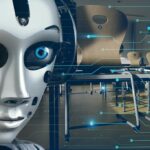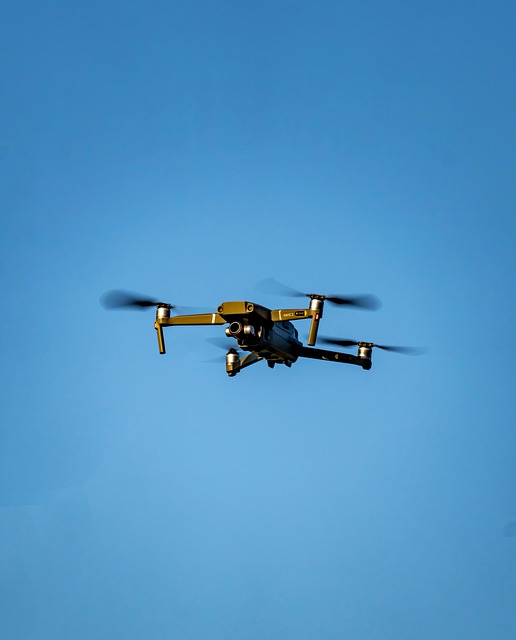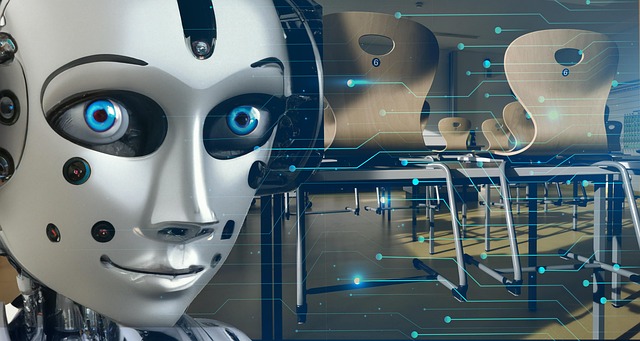# Exploring the Frontiers of AI Technology: Innovations Redefining Our World and Future Possibilities
Artificial Intelligence (AI) has transcended its early conceptual phases to become an integral component of contemporary society. The rapid advancements in AI technology are not merely reshaping industries; they are redefining our everyday experiences and the very fabric of our future. From healthcare to transportation, the innovations emerging from AI research are creating unprecedented opportunities and challenges. This article delves into the transformative power of AI, exploring its current innovations and the potential implications for our future.
## Transformations in Healthcare
One of the most profound impacts of AI can be observed in the healthcare sector. Machine learning algorithms are now capable of analyzing vast datasets, leading to improved diagnostic accuracy and personalized treatment plans. For instance, AI-driven tools are being employed to interpret medical imaging with remarkable precision, often outperforming human radiologists in detecting conditions such as cancer. This not only enhances patient outcomes but also streamlines the workflow for healthcare professionals.
Moreover, AI’s role in drug discovery has accelerated the development of new therapies. Traditional methods of pharmaceutical research can be time-consuming and costly, often taking years to bring a drug to market. However, AI algorithms can analyze chemical compounds and predict their efficacy, identifying promising candidates much more rapidly. As a result, the pharmaceutical industry is beginning to harness AI to reduce the time and cost associated with drug development, which ultimately benefits patients by making treatments available sooner.
In addition to diagnostics and drug discovery, AI is also revolutionizing patient care through virtual health assistants. These AI-powered chatbots and applications can provide patients with immediate access to medical advice, schedule appointments, and even monitor chronic conditions. By empowering patients to take control of their health, AI is fostering a more proactive approach to healthcare management, which is essential in an era where healthcare systems are often overwhelmed.
## Innovations in Transportation
Transportation is another domain experiencing a seismic shift due to AI technologies. The advent of autonomous vehicles is perhaps the most visible manifestation of AI’s impact on this sector. Companies like Tesla, Waymo, and others are developing self-driving cars that utilize sophisticated AI algorithms to navigate complex environments. These vehicles rely on a combination of sensors, cameras, and machine learning to interpret their surroundings, making real-time decisions that enhance safety and efficiency.
Beyond personal vehicles, AI is optimizing public transportation systems as well. Smart traffic management systems, powered by AI, analyze real-time data from various sources to improve traffic flow and reduce congestion. By predicting peak traffic times and adjusting signal patterns accordingly, cities can enhance the commuting experience for residents while minimizing environmental impact. This integration of AI into urban planning signals a shift toward smarter, more sustainable cities.
Furthermore, AI is also playing a crucial role in logistics and supply chain management. Companies are leveraging AI to optimize routes, manage inventory, and predict demand fluctuations. This not only leads to cost savings but also enhances the overall efficiency of supply chains. In a world where timely delivery is paramount, AI’s ability to analyze and respond to various factors in real-time is proving invaluable.
## The Future of Work and Society
As AI continues to evolve, its implications for the workforce and society at large are becoming increasingly complex. One of the most pressing concerns is the potential for job displacement due to automation. Many industries are already witnessing the introduction of AI systems that can perform tasks traditionally executed by humans, leading to fears of widespread unemployment. However, it is essential to recognize that while some jobs may become obsolete, new opportunities will also emerge.
Reskilling and upskilling initiatives are vital in preparing the workforce for an AI-driven economy. Educational institutions and corporations are beginning to prioritize training programs that equip individuals with the skills needed to thrive in a technology-centric world. This shift not only fosters adaptability but also encourages innovation, as individuals are empowered to leverage AI as a tool rather than viewing it as a threat.
In addition to workforce implications, AI raises ethical considerations that society must address. Issues such as data privacy, algorithmic bias, and the potential for surveillance are at the forefront of discussions surrounding AI technology. As AI systems become more integrated into our lives, it is imperative to establish regulatory frameworks that ensure transparency and accountability. Developing ethical guidelines for AI deployment will be crucial in mitigating risks while maximizing benefits.
## Conclusion: Embracing the AI Revolution
The innovations stemming from AI technology are undeniably reshaping our world in profound ways. From enhancing healthcare outcomes to revolutionizing transportation systems, AI is driving progress across multiple sectors. As we look to the future, it is essential to embrace the opportunities that AI presents while remaining vigilant about the challenges it poses.
In recognizing the transformative power of AI, society must prioritize education, ethical considerations, and adaptive strategies to navigate this new landscape. By fostering a collaborative approach among stakeholders—including governments, businesses, and educational institutions—we can harness the potential of AI to create a future that is not only technologically advanced but also equitable and sustainable. The frontiers of AI technology are just beginning to unfold, and the possibilities for innovation are limited only by our imagination.











